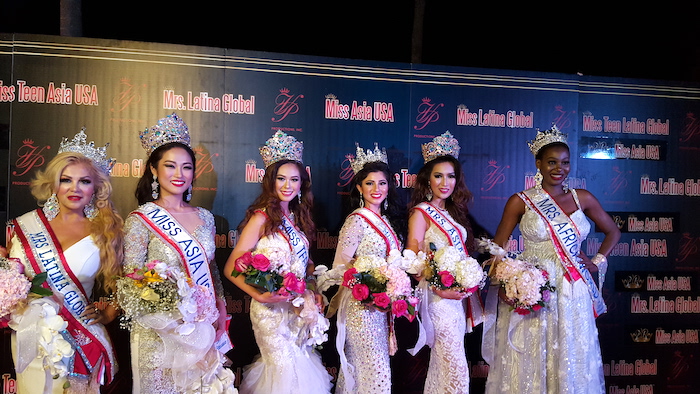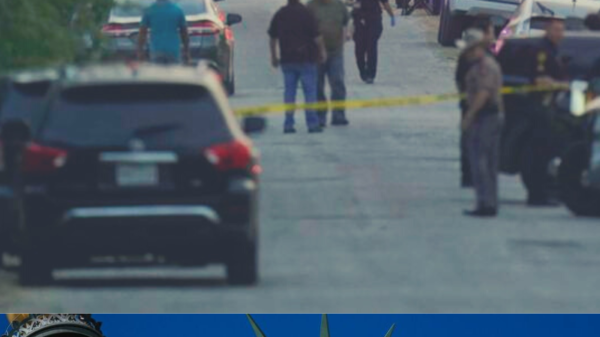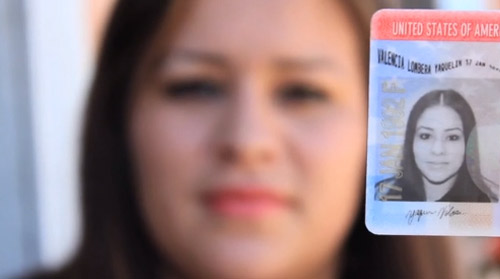TIM, Immigration,USCIS News Release
WASHINGTON—Beginning June 8, 2016, U.S. Citizenship and Immigration Services (USCIS) will allow certain Filipino World War II veteran family members who are beneficiaries of approved family-based immigrant visa petitions an opportunity to receive a discretionary grant of parole on a case-by-case basis, so that they may come to the United States as they wait for their immigrant visa to become available.
This parole policy was announced in the White House report, Modernizing and Streamlining Our Legal Immigration System for the 21st Century, issued in July 2015. An estimated 2,000 to 6,000 Filipino-American World War II veterans are living in the United States today. Among other things, this policy will enable many eligible individuals to provide support and care to their aging veteran family members who are U.S. citizens or lawful permanent residents.
“The Filipino World War II Veterans Parole Program honors the thousands of Filipinos who bravely enlisted to fight for the United States during World War II,” USCIS Director León Rodríguez said. “This policy will allow certain Filipino-American family members awaiting immigrant-visa issuance to come to the United States and be with their loved ones. For many, it will also allow them to provide support and care for elderly veterans or their surviving spouses.”
With the exception of immediate relatives of U.S. citizens, the number of family-sponsored immigrant visas available by country of origin in any given year is limited by statute. These limits result in long waiting periods before family members may join petitioning U.S. citizens or permanent residents in the United States and become permanent residents themselves. For some Filipino-American families, this wait can exceed 20 years.
Under the policy, certain family members of Filipino World War II veterans may be eligible to receive a discretionary grant of parole to come to the United States before their visa becomes available. In limited cases, certain eligible relatives will be able to seek parole on their own behalf when their Filipino World War II veteran and his or her spouse are both deceased.
Under the Filipino World War II Veterans Parole Program, USCIS will review each case individually to determine whether authorizing parole is appropriate. When each individual arrives at a U.S. port of entry, U.S. Customs and Border Protection will also review each case to determine whether to parole the individual.
Legal authority for this parole policy comes from the Immigration and Nationality Act, which authorizes the Secretary of Homeland Security to parole into the United States certain individuals, on a case-by-case basis, for urgent humanitarian reasons or significant public benefit.









